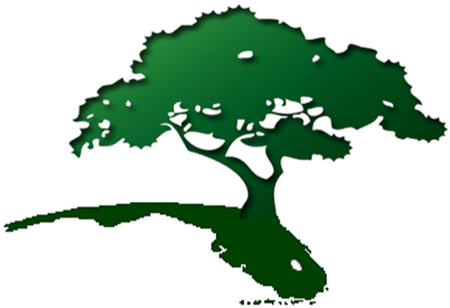Expert Tree Trimming Services in Orange Park, Fleming Island & Jacksonville Surrunding Area FL
Tree pruning is both an art and a science. Opinions on what to cut often vary, but proper pruning always begins with a clear purpose—never trimming just for appearance alone. What looks “clean” to one person may not align with best practices for the tree’s long-term health and safety.
With over 25 years of local experience, our ISA Certified Arborist understands how to balance aesthetics, structure, and safety. Use this page as a guide to learn more about our pruning services and how to set clear, healthy goals for your trees.
Reduction Cuts
The shortening of branches or leads (Drop Crotch); removing a stem back to a lateral branch large enough to resist decay behind the cut. This technique is the most effective at reducing wind load and minimizing the failure of heavy limbs. Used in structural pruning to promote growth in other areas of the tree.

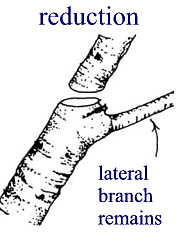
Removal Cuts
The complete removal of a branch back to the trunk. Used to remove undesired limbs.
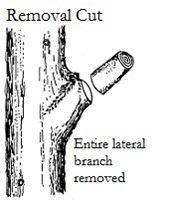
Lifting or Raising
The combination of reduction and removal cuts produces a canopy of the desired height. Routinely used over roofs, driveways, and sidewalks.
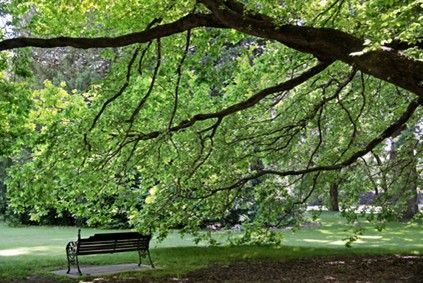
Cleaning
The removal of dead and or dying branches. Used for general health and maintenance of trees and landscape. In forestry, the term refers to removing or killing over-topping competitors significantly taller or more vigorous than the desired tree or trees to keep.
Thinning
The selective removal of branches that are competing for the same space. Often used to create aesthetic value and increase light on the ground floor. In forestry, the term is used interchangeably with cleaning.
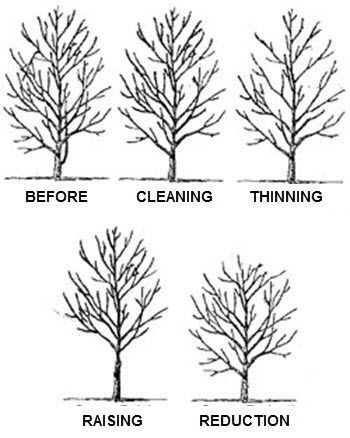
Structural
Using a combination of all five pruning methods listed above, structural pruning is a low-cost tree maintenance approach that aims to create landscape tree structures similar to trees thriving in forest conditions. The objective is to eliminate foreseeable defects in the tree structure, thus creating a less management-intensive, safer tree. Follow the link for an in-depth guide to the applications and the importance of this pruning process. https://www.arborday.org/perspectives/planting-right-tree-right-place
Crown Restoration
A form of structural pruning designed to improve a previously topped, over-thinned, damaged, or vandalized tree. The process can take several years. The ultimate goal is to restore the natural form of the damaged tree.
Topping
Removing the top of a tree. Generally less accepted as a practice for tree preservation. Results can vary depending on the species; topping can either stop upward growth and promote lateral growth to lower branches or promote vigorous sprouts at the site that develop into poorly attached branches.
Heading Cuts
Used to reduce the length of branches but does not retain a lateral or natural form of the branch. This cut should be avoided but is sometimes necessary. Most often used to provide clearance to power lines.
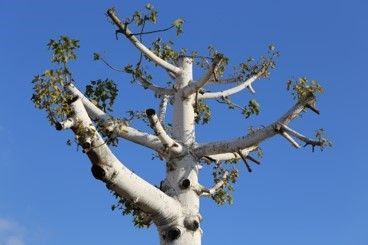
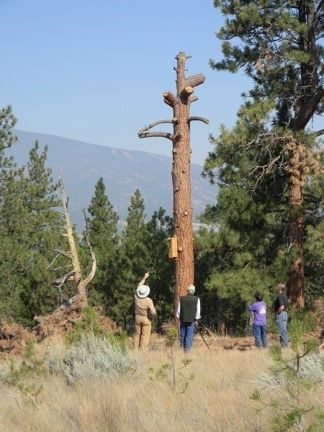
Pollarding
Similar to but not to be confused with topping, this type of approach to trimming is maintenance-intensive. The focus is on retaining the tree. It is most commonly practiced on crape myrtles; it is believed that pollarding originated in Rome as a way for people to create burnable material year after year. Every year, the new shoots from the trees would be harvested. An abnormal mass would develop over time and contribute to larger and more vigorous sprouts in years to follow. While pollarding can be performed on many species, it can be critical for some to start early. This pruning method needs a consistent schedule that facilitates the recurrence of vigorous sprouts. Proper pollarding will generate abnormal growth masses that contain vital nutrients that should never be removed. These nutrients facilitate the initiation of new sprouts every time they are cut. If you are considering pollarding a tree, schedule an assessment with our certified arborist, who can better assist you.
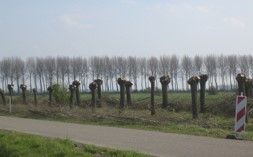
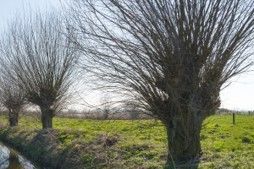
Lion Tailing
Also known as gutting a tree. This is a form of over-pruning often done by less experienced and less knowledgeable tree personnel. Coincidently, it is often regarded as the most aesthetically pleasing to homeowners. This form of trimming is referred to by experts as a biomechanical nightmare for the tree. This trimming style is cultural and sold under wind reduction, but studies have proven the technique only enhances wind load, especially over time.
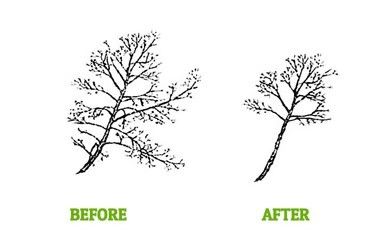
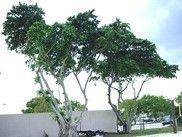
Get the leading tree trimming services in Fleming Island, FL, today! Contact our crew at 904-383-5489!
